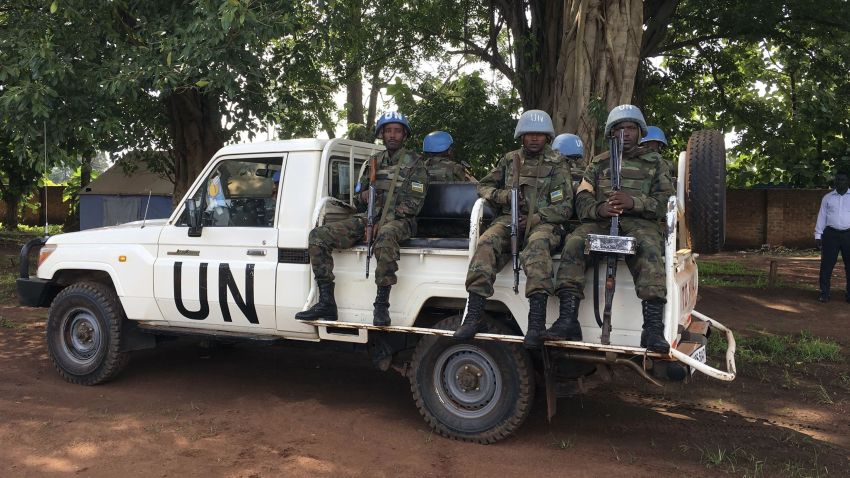As the conflict in Sudan continues to intensify, thousands of refugees have been fleeing southward to South Sudan, where the world’s largest United Nations peacekeeping mission is based. But refugees may not be any safer there, despite the presence of U.N. peacekeepers.
In recent years, civilians in South Sudan have been the victims of attacks by both rebels and government forces, and the U.N. mission has a poor record of protecting them from this violence. To change this, the international community needs to hold the mission’s civilian and military leadership accountable for their failures, rather than relying solely on naming and shaming the South Sudanese leaders who are behind the actual abuses.
On April 4, the U.N. Commission on Human Rights for South Sudan delivered its latest report to the U.N. Human Rights Council. For the first time, it named 14 civilian and military leaders it deems responsible for “crimes against humanity and war crimes,” including officers of the South Sudanese People’s Defense Force, such as Lt. Gen. Thoi Chany Reat; rebel leaders, like Simon Gatwech; and South Sudanese politicians, like Gordon Koang. The report links them to the killing and rape of civilians, recruitment of child soldiers, extrajudicial killings and forced displacement of the civilian population. The commission rightly calls for accountability for the 14 individuals named, by which it seems to mean prosecutions.

